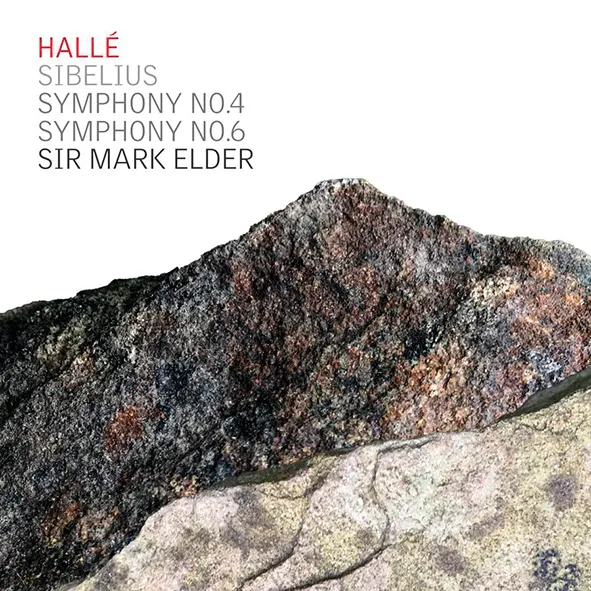
Sibelius Symphony No. 4 in A minor, Op. 63; Symphony No. 6 in D minor, Op. 104 Hallé Orchestra/Mark Elder Hallé CD HLL 7553 70.03 mins
Perhaps the most original feature of Sibelius’s unprecedentedly stark Fourth Symphony is its ending: after a grindingly dissonant tutti, just a few bleak birdcalls and dark string chords, but with no indication of any slow-down – as if to suggest a grim but steadfast stoicism in the face of the worst. And so it has been understood by conductors as various as Sibelius’s friend Georg Schnéevoigt in his 1934 recording, Beecham, Maarzel and Colin Davis.
Yet ever since the first ever recording under Stokowski in 1932, a questionable alternate tradition of jamming on the brakes and milking every receding phrase for tragic pathos has gained ground. Though the slow-down in Mark Elder’s new recording with the Hallé is not as extreme as, for instance, Leonard Bernstein, it rounds off a reading in which tempos in general are on the ample side, so that the first and third movements fail quite to sustain tension. It is as if the few echoes of Parsifal in the score have tempted Sir Mark to pace it like Wagner.
This is a pity since the greatest care has evidently been taken to mould phrasing and balance textures; the work is beautifully played and spaciously recorded. Fortunately, these qualities also apply in Elder’s far more convincing account of the ‘Finnish pastoral’ Sixth Symphony. He makes especially good sense of the elusive second movement that seems to consist almost entirely of transitions, and which many conductors dispatch with hasty incomprehension. And in the exalted, yet remote coda of the finale, the Hallé strings are radiant. Bayan Northcott
